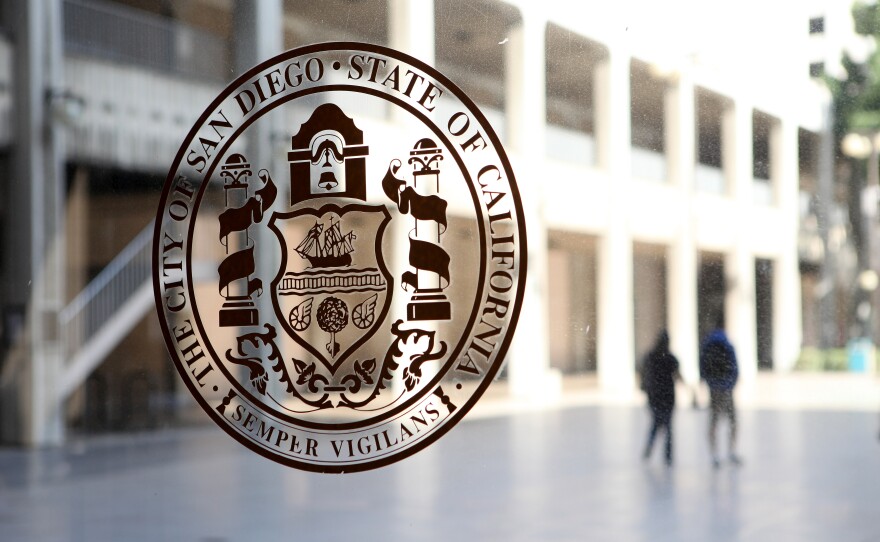The San Diego City Council Tuesday officially rescinded Resolution 76068, which called for the FBI to remove San Diegans of Japanese descent during World War II.
The initial resolution, passed Jan. 27, 1942, corresponded with President Franklin Delano Roosevelt signing Executive Order No. 9066, under which more than 120,000 people of Japanese ancestry were incarcerated in 10 camps in the western United States and Arkansas during the war.
The U.S. Supreme Court then upheld Order 9066 in the case Korematsu v. United States in 1944, described by Councilwoman Marni von Wilpert on Tuesday as "one of the most reviled decisions in the Supreme Court's history."
The initial San Diego resolution reads: "The Council of the City of San Diego hereby respectfully calls the attention of the Federal Bureau of Investigation to the fact that there are in San Diego and vicinity many enemy aliens, especially Japanese, whose continued residence here is considered inimical to the best interests of this vital defense area. It is urged upon said Federal Bureau of Investigation that said enemy aliens be removed from this vicinity, since their presence here is cause for great concern on the part of the City of San Diego due to existence of known subversive elements."
In 1980, Congress created the Commission on Wartime Relocation and Internment of Civilians to examine the actions and impact of Executive Order 9066. Following 18 months of investigation, the commission concluded that the order was not justified by "military necessity" but was due to "racial prejudice, wartime hysteria, and a failure of political leadership."
On Tuesday, the city council tried to rectify that body's actions by passing a new resolution rescinding Resolution 76068 and apologizing to the people of Japanese ancestry who were affected.
"The Council of the City of San Diego apologizes to all people of Japanese ancestry for its past actions in support of the unjust exclusion, removal, and incarceration of Japanese Americas and residents of Japanese ancestry during World War II, and for its failure to support and defend the civil rights and civil liberties of these individuals during this period," it reads.
Councilwoman Jennifer Campbell said that while rescinding the old resolution was well past due, it was vitally important to learn from the past as the Supreme Court "strips rights" in the present day.
Council President Sean Elo-Rivera also found the past actions analogous to recent events, referring to Florida Gov. Ron DeSantis last week sending undocumented refugees from Texas to Massachusetts as a "political ploy," and cautioned how stigmatizing certain groups of people can lead to human rights violations.
Councilman Chris Cate, who is of Filipino descent, said the current iteration of the city council was extremely supportive of the Asian and Pacific Islander community and was the "antithesis" to the council that held power during World War II.






